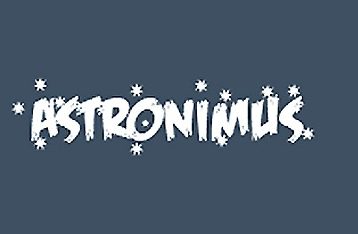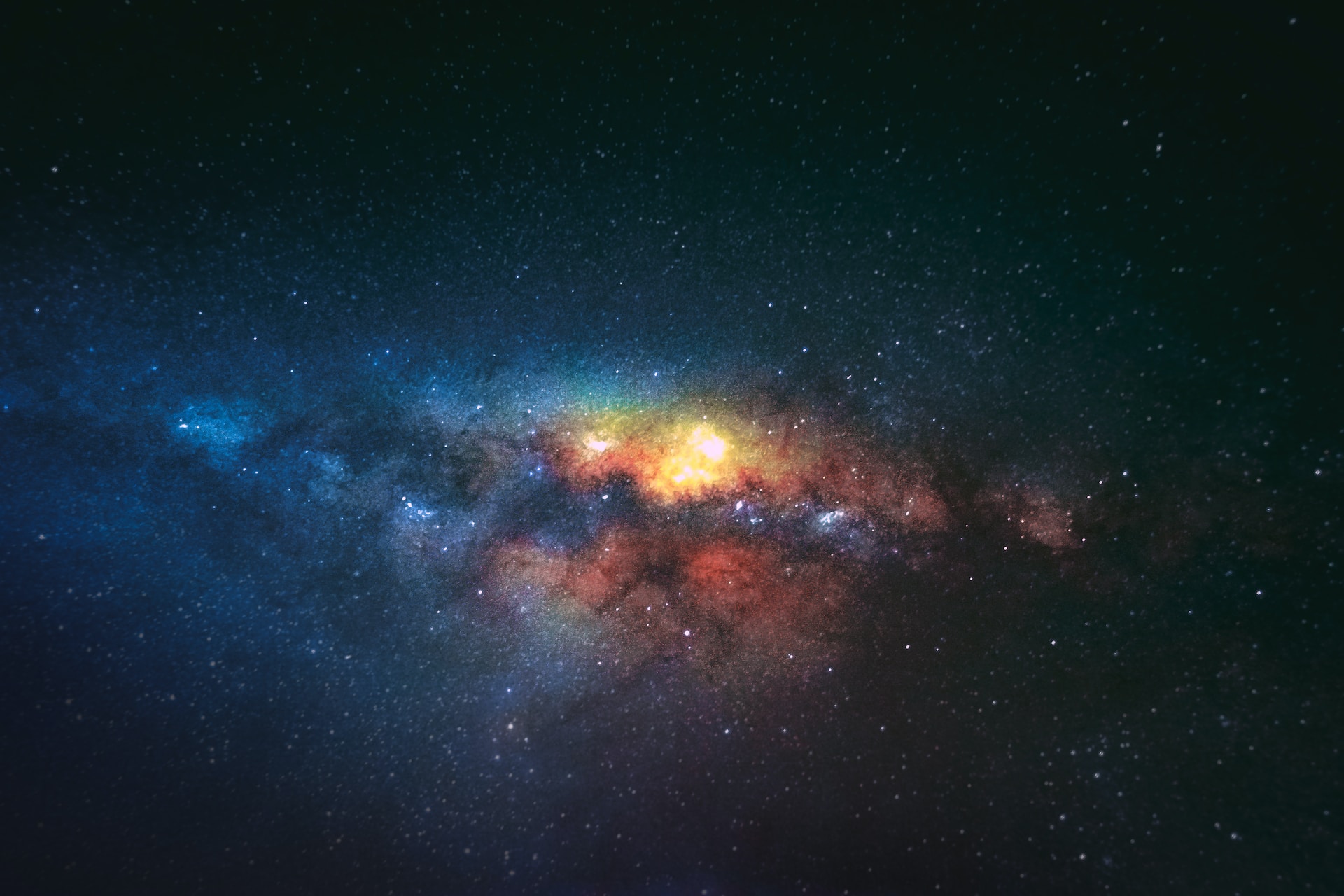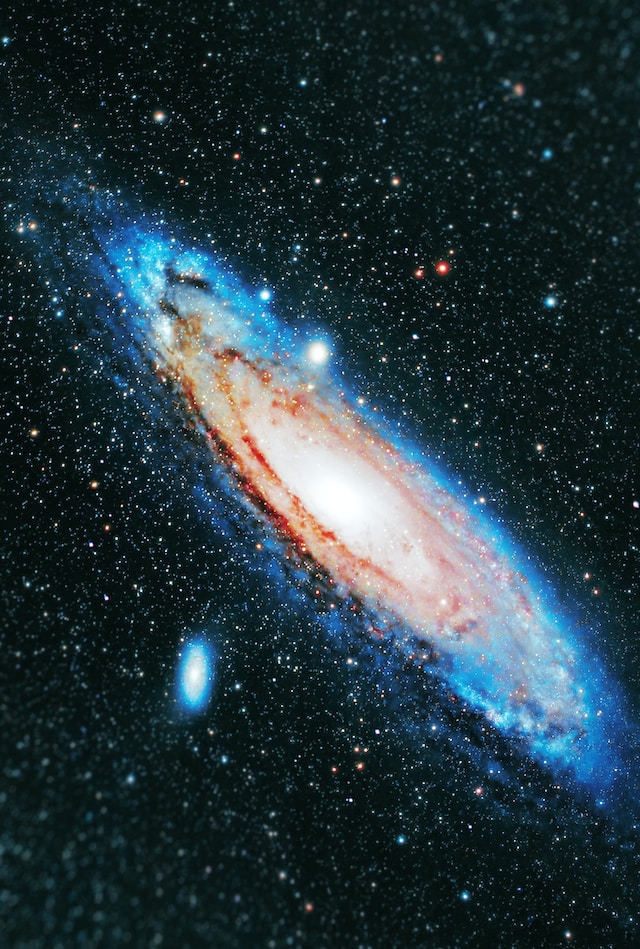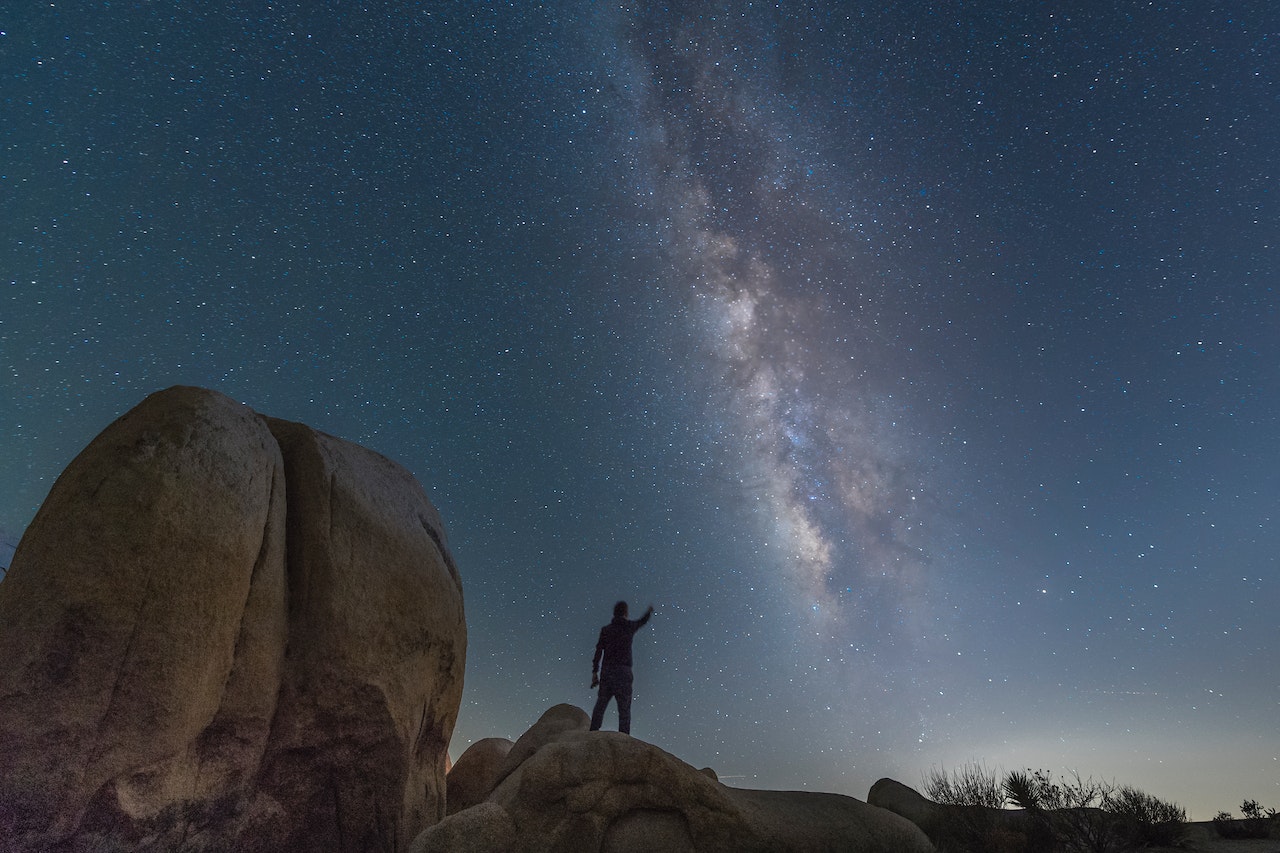Astronomy and astrology are often confused due to their similar-sounding names and connection to the study of celestial bodies. However, these two fields are fundamentally different in many areas: approach, methodology, and goals. Although the practices of astrology and astronomy have common roots, today, there is an essential difference between astrology and astronomy.
Astronomy is the science that studies everything outside the earth’s spectrum of atmosphere, like planets, meteors, stars, asteroids, and galaxies at large, and the properties and relationships of these celestial bodies. Astronomers examine the positions, formations, and movements together with the properties of celestial objects and base their studies on research and observation.
Astrology, however, lies in the belief that the planets’ and stars’ motions and positions affect how events happen on earth. While astronomy is a science that seeks to understand the universe through observation and analysis, astrology is a belief system that claims to predict human behavior and events based on one’s position in celestial bodies.
Background of Astronomy and Astrology
A few hundred years ago, astronomy and astrology were two ingredients in the scientific fields. At the time, that made sense. Scientists are trying to understand how everything is connected. It made sense back then to add ideas about different interactions in the universe, including the proposed interactions between the mind and the celestial bodies.
Astrology continued to be embodied in the standard science until Isaac Newton, in the late 1600s, demonstrated physical processes by which celestial bodies affect each other. This illustration applied to the movements of the celestial sphere. In contrast, people worldwide rely on astrologers’ advice and astrological publications for meaningful professional, medical, and personal experiences.
Experts could even say that astrology paved the way for astronomy. During the Renaissance, an astronomer could act as the king’s advisor, making predictions about the king’s health and future actions based on constellations and transitions. This gave astronomy a presence in the higher society where scientists were recognized. Although experts later dismissed astrology in the scientific community, astronomy is still strongly represented in science.
Astronomy vs. Astrology
Astronomy is the science that studies everything outside the Earth’s atmosphere. This includes the elements of our solar system, such as the sun, moon, and other planets. It also contains things far in space, such as other galaxies, distant stars, and black holes.
a. Methodology
Astronomy often involves using scientific equipment, such as telescopes and satellites. They analyze data to build theories and models that explain observed phenomena.
b. Predictive Ability
Astronomy can accurately predict celestial events, such as solar eclipses, planetary motions, and meteor showers, using mathematical calculations based on the laws of physical matter.
c. Validity
Astronomical discoveries are subject to peer review and scrutiny within the scientific community. It has contributed significantly to our understanding of the universe and led to groundbreaking discoveries.
Astrology is a non-scientific practice in which a person uses the positions of celestial bodies (such as stars and planets) to conclude people or future events.
d. Methodology
Astrology relies on interpretations of celestial positions, such as birth charts (horoscopes), to make predictions and give insight into personality, relationships, and events in your life one’s life.
e. Predictive Ability
Despite the claims of astrologers, scientific studies have consistently failed to demonstrate a consistent or meaningful correlation between celestial positions and human features or events.
f. Validity
The claims of astrology are not supported by scientific evidence and are often based on subjective observations and anecdotes. It lacks empirical verification and is not peer-reviewed in the scientific community.
Astronomers vs Astrologists
Astronomers use telescopes, satellites, spacecraft, and advanced instruments to observe and measure celestial objects. Meanwhile, astrologers (those who study astrology) believe that heavenly bodies are related to human behavior. For example, a common belief in astrology is that a person’s personality traits match the zodiac constellation in the sky when born. In addition, astrologers believe that horoscopes (maps of the positions of stars and planets) can be used to predict a person’s future.
Astronomy vs. Astrology: Debunking Myths
In general, astronomy is accepted as a science, unlike astrology. Astronomy relies on correctly using the scientific method and inquiry to draw verifiable and testable conclusions with repeatable experiments.
Astrology, on the other hand, makes predictions or conclusions that cannot be proved or disproved and uses logic often based on cultural traditions rather than scientific inquiry or understanding of the universe. To put it more simply, astronomy is based on science, while astrology is not.
a. Personal Traits
There is currently no scientific evidence that the positions of celestial bodies can affect or influence human behavior in the critical way that astrology suggests.
b. Celestial Impacts and Correlation
Astrology often suggests causal relationships between celestial locations and events, while astronomy focuses on correlations and observations of cosmic phenomena.
c. Scientific Evidence
Astronomy is supported by rigorous empirical evidence and peer-reviewed research, while astrology lacks empirical validation and relies on anecdotal experiences.
d. Scientific Community
Astronomy is widely accepted in the scientific community, while astrology is not considered a valid or reliable science.
e. Claims
Astrology claims to determine personality traits based on celestial positions, while science recognizes that personality is shaped by genetics, upbringing, environment, and psychology.
f. Process
Astronomy involves a physical process by which celestial bodies form, affect and interplay with each other. Meanwhile, astrology is recently regarded as a pastime and a pseudoscience.
Conclusion
Astronomy and astrology are distinct fields involving the study of celestial bodies. They have vastly different approaches, goals, and scientific credibility. Astronomy is a legitimate scientific field that contributes to our understanding of the universe, while astrology lacks empirical support and is not considered a scientifically valid discipline. Despite the popularity of astrology, it needs more scientific evidence with supported assumptions. It is essential to distinguish between the two and rely on scientific evidence to understand the universe and our place in it.




